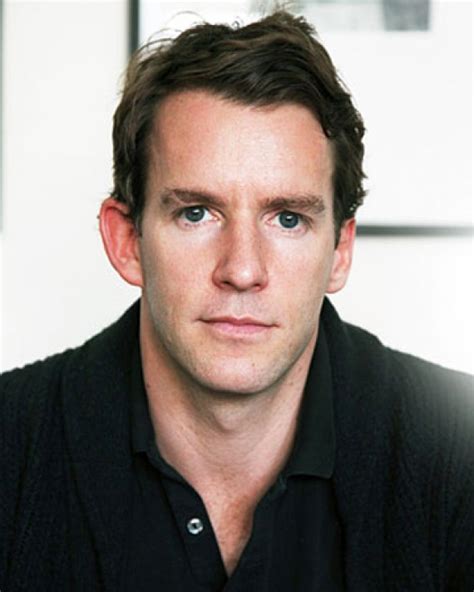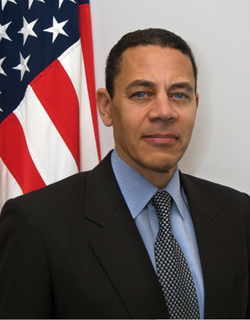A Quote by Michael O'Rielly
People can and do live without Internet access, and many lead very successful lives.
Related Quotes
In one sense, the Internet is like the discovery of the printing press, only it's very different. The printing press gave us access to recorded knowledge. The Internet gives us access, not just to knowledge, but to the intelligence contained in people's crania, access to the intelligence of people on a global basis.
With the internet we are facing more or less a very similar story. It does offer virtually limitless access to entertainment and for many people living in extremely depressing conditions in authoritarian states, it does provide a vehicle for getting by. For many oppositional movements, the internet, while providing the opportunity to distribute information more quickly and cheaper, may have actually made their struggle more difficult in the long run.
In the Internet world, both ends essentially pay for access to the Internet system, and so the providers of access get compensated by the users at each end. My big concern is that suddenly access providers want to step in the middle and create a toll road to limit customers' ability to get access to services of their choice even though they have paid for access to the network in the first place.
The rise of a ubiquitous Internet, along with 24-hour news channels has, in some sense, had the opposite effect from what many might have hoped such free and open access to information would have had. It has instead provided free and open access, without the traditional media filters, to a barrage of disinformation.
Today in America many people are living in a virtual world. They enter it through an internet access device and they navigate freely around it, and those people who learn how to navigate better in that space are finding that they have better access to information about jobs and education and all the good things that our society produces.




































